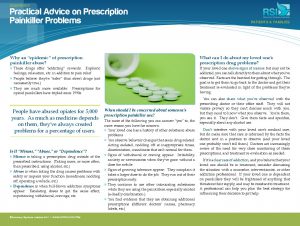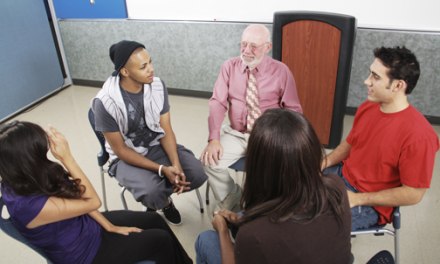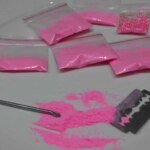The Drugs
Prescription painkillers such as Oxycontin, Vicodin, Percocet, and others containing codeine, produce the sort of euphoria that young drug abusers look for. All are addictive.
They’re commonly taken by mouth, but can be ground up and snorted, or injected, to increase the ‘high’. It’s also common to take these meds with alcohol for an enhanced effect.
How kids access prescription drugs
There are three principal sources.
“Friends” — a casually defined term in Kid World. Can mean your child’s BFF, or a casual acquaintance, or anything in between. Drugs are often shared (especially at parties) but can be purchased from ‘friends’, as well.
Online pharmacies — this requires more sophistication, because there are some barriers, but kids can be surprisingly proficient at getting around them. Older kids sometimes provide assistance.
Home medicine cabinets — not just yours, but those in other peoples’ residences. You’d be surprised how many kids’ first access prescription drugs in their own home, or that of a friend or relative.
Many of us already have painkillers sitting on a shelf in the bathroom medicine cabinet, alongside the aspirin and the allergy meds. Sometimes they’re unused from prior medical or dental problems. It’s a good idea to dispose of such ‘leftovers’. If you are still taking these medicines, store them in a safe place, separate from others. Lock them up if you choose, but make sure kids can’t easily access them.
How Do I Know if My Child Is Using Painkillers?
There are the traditional signs — obvious sedation (these are depressants, after all), or bizarre behavior, or finding the drugs or paraphernalia in the home — but in many cases, you can’t be entirely sure because the youth is going out of his/her way to conceal it. But if you have suspicions — even unconfirmed — you have the option of a professional assessment to see if the situation can be clarified. This ordinarily includes interviews with the youth and family members (including you). It may include a drug test, but since painkillers don’t stay in the system all that long, it’s possible to get a misleading ‘clean’ result.
Also, where you’re not certain, you can observe and record.
Start by making a list of the changes in your child’s behavior — the ones that are making you suspicious. When did you first notice these changes? Do they seem to be getting more obvious? Provide some examples if you can. How is this more recent behavior different from the kid’s usual behavior in the past?
All adolescents experience fairly significant changes in behavior as they grow, so we want to establish what should be considered a cause for concern. Be sure to include a couple specific incidents that made your ‘alarm bells’ go off.
It’s sometimes helpful to set yourself the task of simply observing and recording your child’s behavior for a month or two, particularly anything that causes you concern.
All this information can be shared later with a counselor or other professional — it’ll make his/her job that much simpler.
Confronting a child about drug use
Most parents will already made at least one attempt to discuss the issue with the youth. What was the response? Some possibles:
- Shrugged it off, acted as if nothing was wrong
- Avoided the topic, or unwilling to discuss
- Got angry with you
- Retreated to room, left the house
- Made excuses that you didn’t find convincing. If so, what about the kid’s explanation seemed difficult to accept?
- Something else entirely?
If previous approaches haven’t worked, it’s probably a signal you should seek professional advice from someone with professional expertise with addictions. Should it turn out that your child has a problem, you’ll no doubt need it — both to intervene, and to identify appropriate counseling.
Do kids ever recover?
Well, sure. But getting the right treatment seems to make a big difference in outcome. Some kids ‘grow out’ of drug abuse, but others develop a full-blown addiction that continues into later life. It’s in everyone’s interest to prevent that where possible.
Other helpful resources:
Video: Practical Advice on Prescription Painkiller Problems
Article: De-Escalating Parent-Child Conflict
You can also download a copy of this article by clicking the image:














